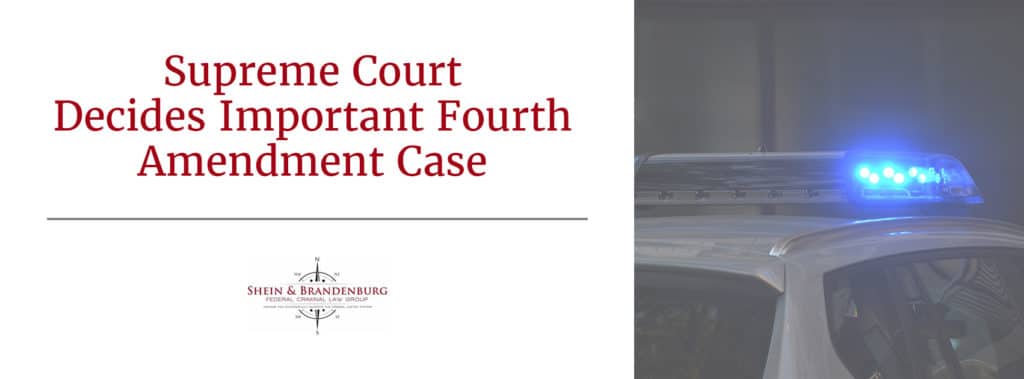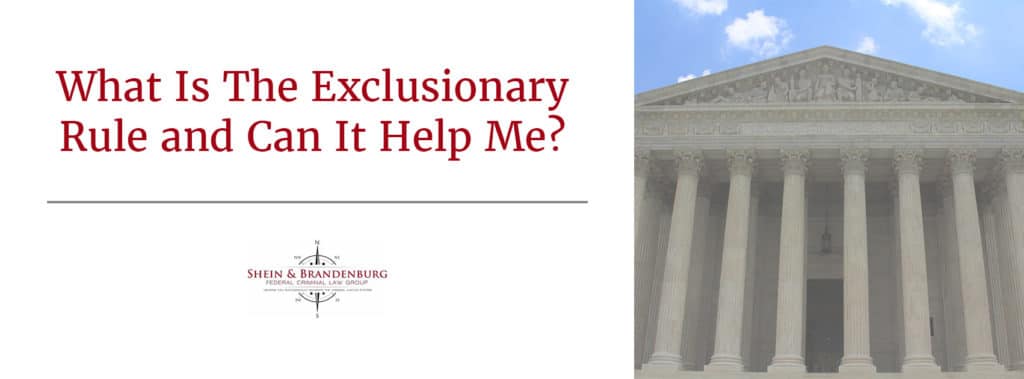The limits and powers of the Fourth Amendment, which protect against unreasonable searches and seizures, are particularly important to individuals in criminal trials. In a recent case heard by the Supreme Court of the United States, Manuel v. City of Joliet, a majority of the court ruled that the Fourth Amendment is the proper basis… Read More
fourth amendment rights
What is the Exclusionary Rule and can it Help Me?
The Fourth Amendment of the United States Constitution was written to include the exclusionary rule, which protects individual from unreasonable or illegal searches and seizures. The exclusionary rule is a type of remedy used by courts of law when someone violates a person’s Miranda rights. The rule was created with the intention to prevent law… Read More
Can the Police Track My Phone?
It is difficult to find a person who not only does not have a cell phone but does not have that cell phone on him or her at all times and using that cell phone to make calls, texts, send emails, and browse the internet whenever and wherever he or she is. Most people do… Read More
Can Police Search My Car After an Arrest?
Getting pulled over by police or other law enforcement officers is stressful enough, especially if it ends in an arrest for something like drug possession. However, one of the often overlooked aspects of a traffic stop that culminates in an arrest is what happens to your car after you are taken away in the police… Read More
How the Exclusionary Rule Fails to Deter Police Misconduct
In our last blog post, we went over the exclusionary rule and how it protects people from overzealous law enforcement officers who violate your civil rights in order to find evidence of a crime. Because the Fourth Amendment only guarantees your right to be free from unreasonable searches and seizures, and does not provide a… Read More
Introduction to the Exclusionary Rule
In one of our recent blog posts, we discussed a complex legal idea: Fruit of the poisonous tree. Under this doctrine, if law enforcement conducts an illegal search or seizure, any evidence that is indirectly obtained from that search or seizure is excluded from court. This is a crucial legal doctrine that criminal defense attorneys… Read More
The Dangers of Consenting to a Search
The Bill of Rights was written to protect the citizens of the newly-formed United States from the acts of government that had so bothered our country’s founding fathers before the Revolution. By including them in the U.S. Constitution, these pivotal figures meant to prevent the government that they were forming from ever reaching into the… Read More




